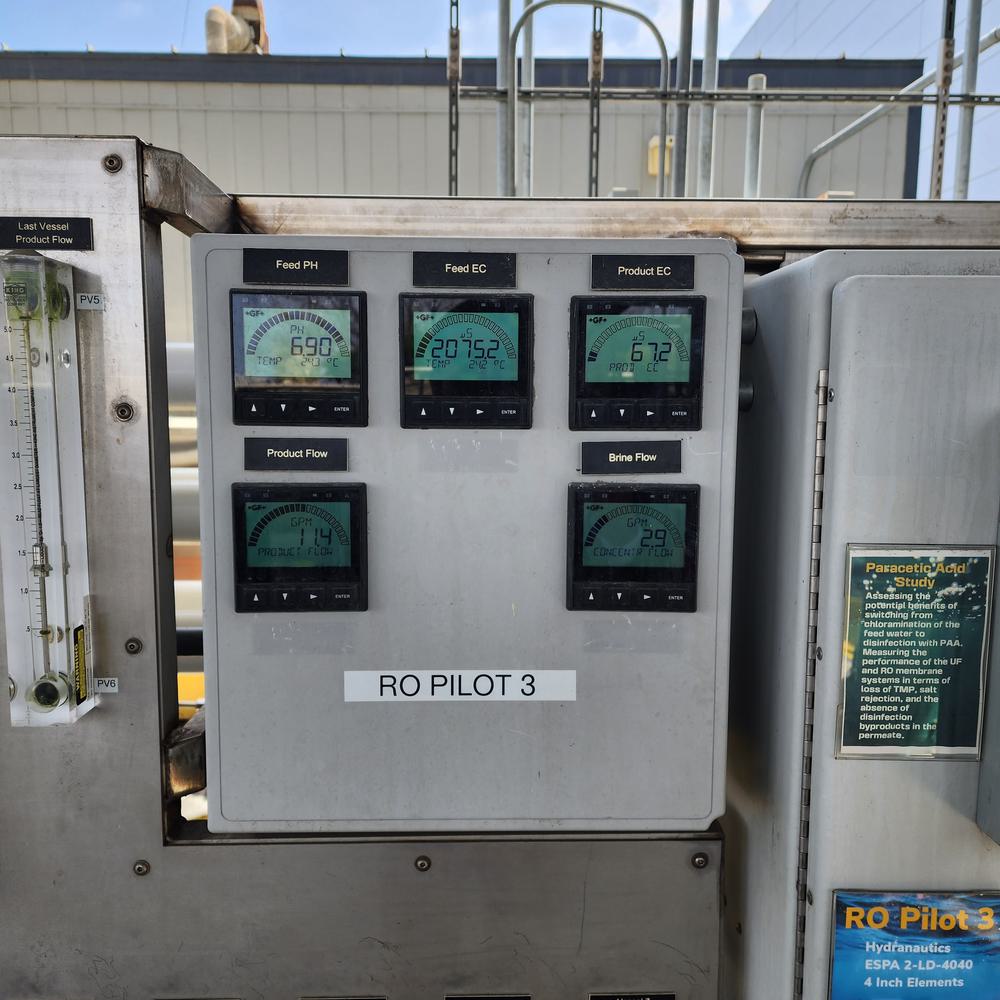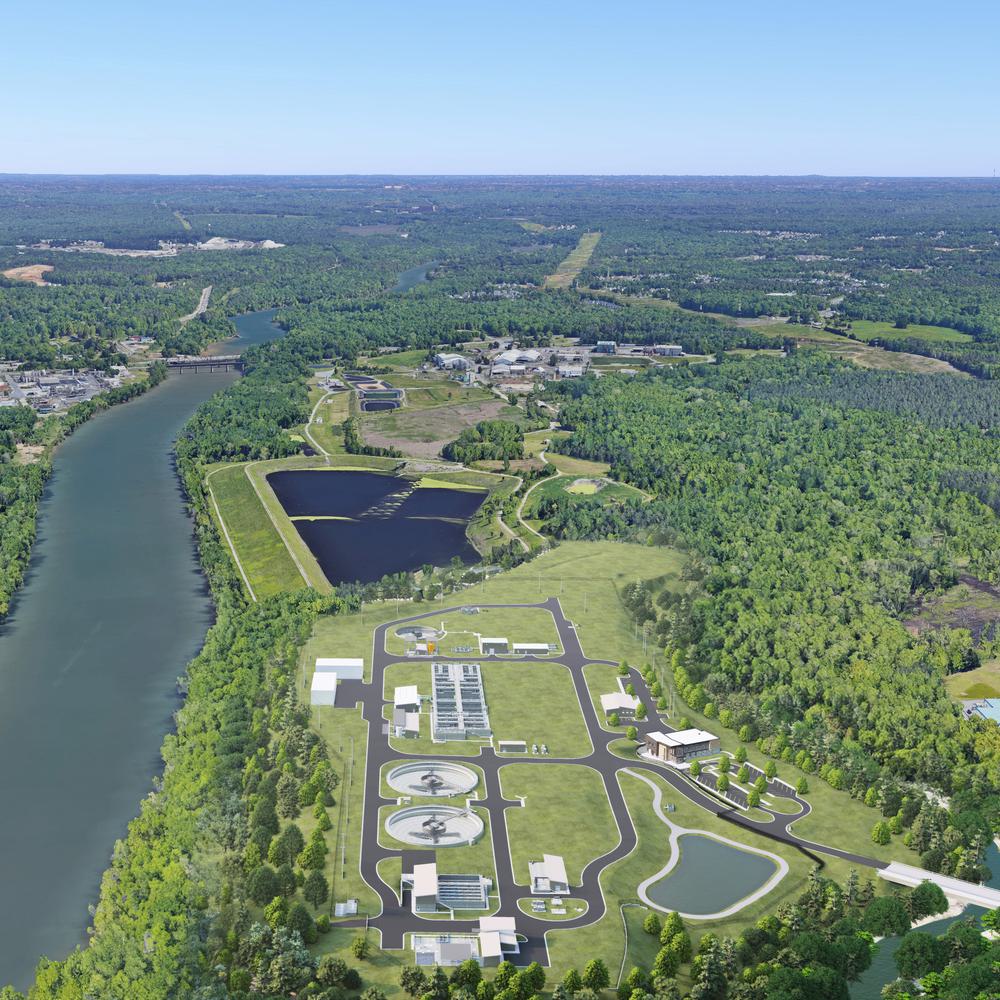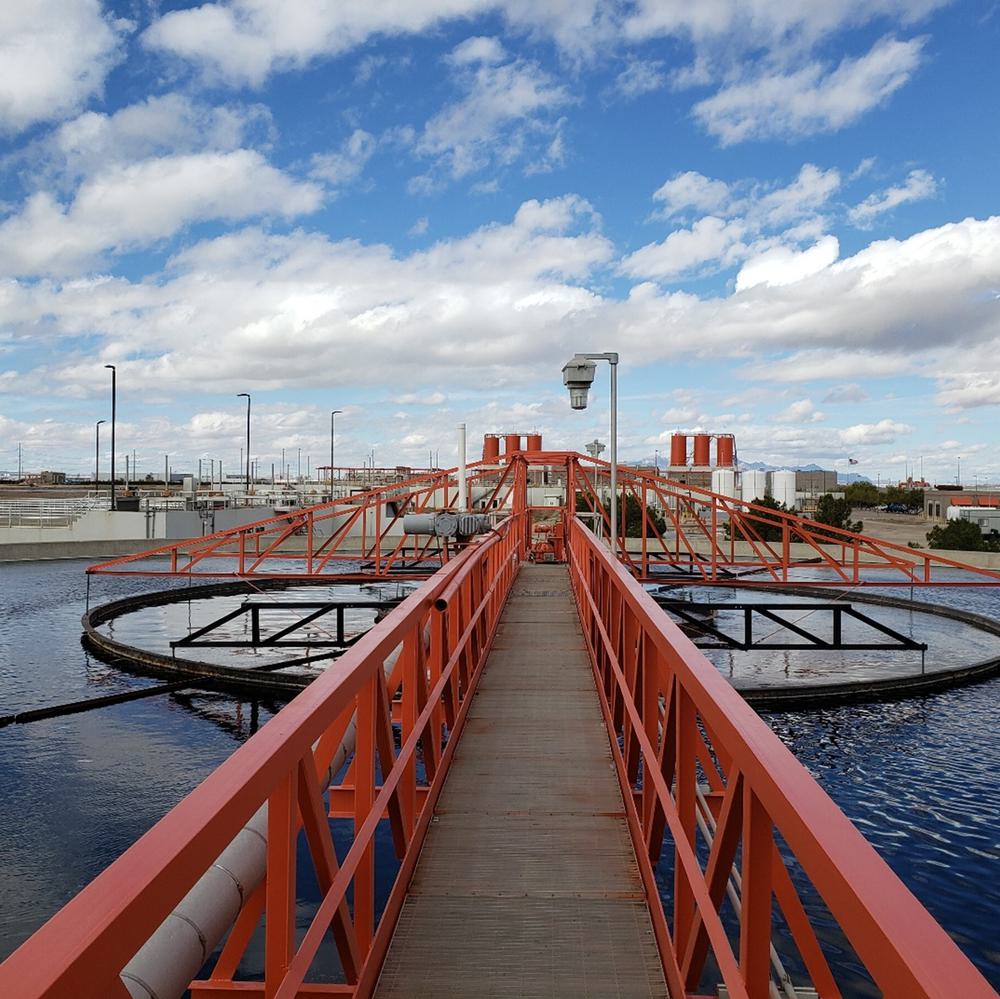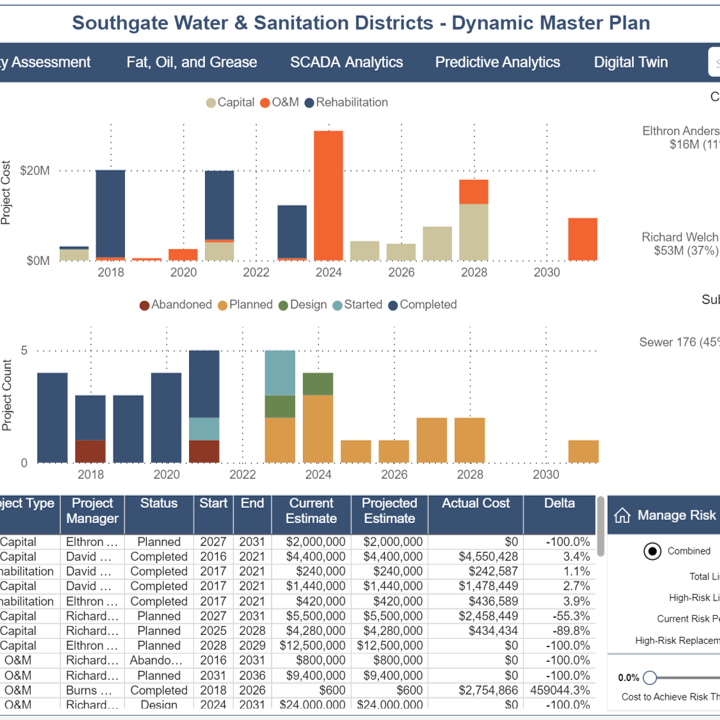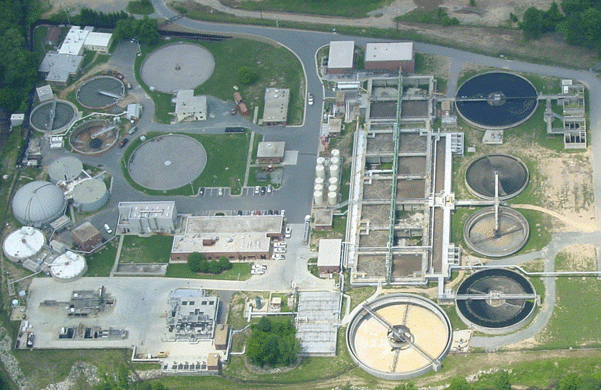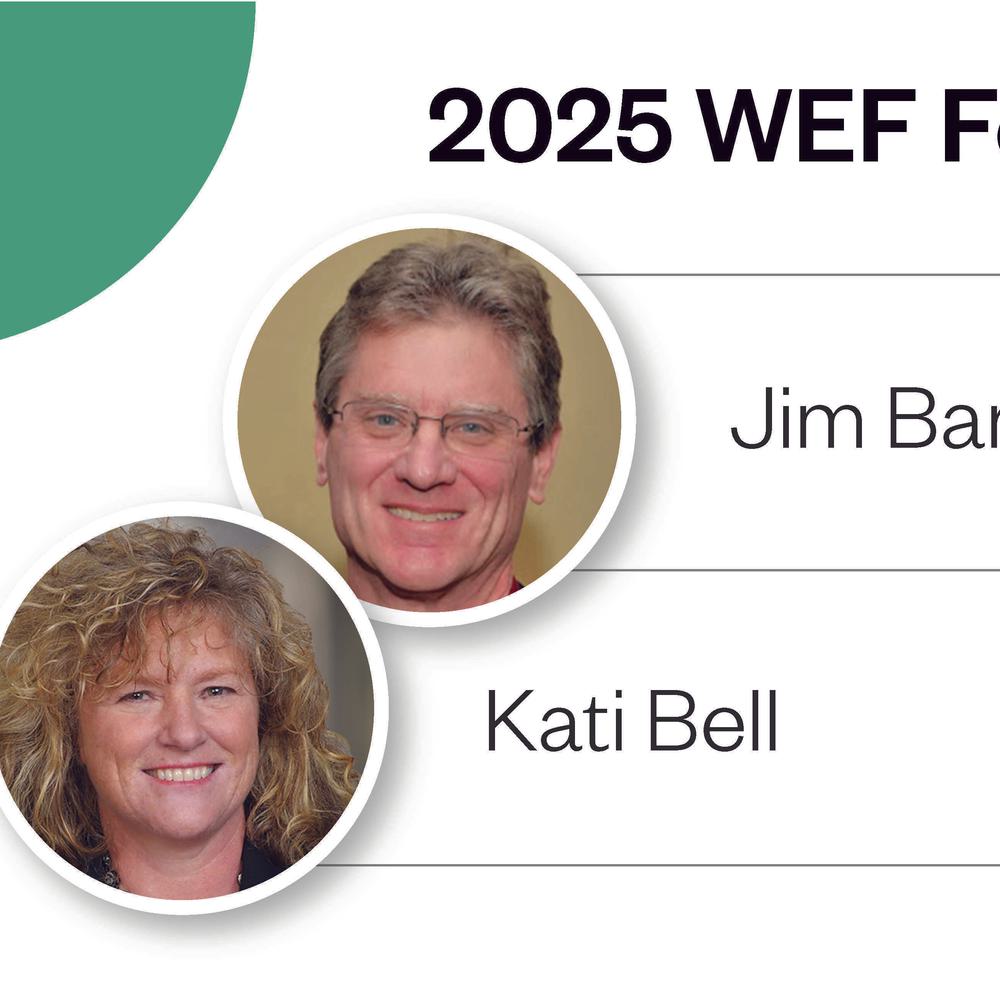Hazen Supports Nonpotable Water Reuse Initiative in New York City
(NEW YORK, NY – May 21, 2025) – The New York City Health Department (NYC Health) recently announced the publication of the Nonpotable Water Systems Guidance Manual. Hazen and Sawyer supported this collaborative effort between NYC Health and the New York City Department of Environmental Protection (DEP)—leading technical content development and providing communications services to bring this new publicly available asset to fruition.
The goal of this new guidance is to equip developers, owners, architects, engineers, and building-maintenance staff throughout New York City with a better understanding of the basic principles of reuse, the economic and environmental benefits of implementing these systems, and the incentives available to those who do so. It also represents an exciting step forward in a key focus area of DEP’s One Water initiative—a holistic water management approach that emphasizes the value of all water and embraces new strategies to address City-wide water-related issues.
Prior reuse information was contained within the City’s plumbing code. This distinct new manual deploys infographics and a visually engaging layout to help make the information more accessible to a wider, often non-technical audience.
The intent of releasing this guidance is that, by increasing awareness of the many advantages of reuse, those interested will be empowered to successfully explore, design, and meet permitting requirements to incorporate these systems into their new or existing developments. By encouraging increased reuse adoption, DEP notes that many additional benefits can be realized as well, such as supporting demand management, reducing Combined Sewer Overflow (CSO) events, improving stormwater management, and ensuring the responsible use of water resources.
“Water reuse is a vital element of DEP's Water Demand Management Program, supporting multiple goals—from reducing flows to sewers to strengthening the city’s overall resilience. As we face the challenges of climate change, including more frequent heavy rain events and drought, water reuse offers a practical, forward-looking solution that benefits our entire city,” said Alan Cohn, Senior Policy and Science Advisor with DEP.
Hazen developed the manual’s content in collaboration with NYC Health and DEP, drawing from deep experience in the full lifecycle of water reuse and distilling best practices, innovations, and knowledge from successful industry reuse implementations.
Hazen’s Water Reuse Practice Lead, Troy Walker, notes that cities across the country are exploring how reuse can position their communities for long-term water stability. Many are taking steps to create foundational frameworks to help chart their reuse future, and not just in the regions many may expect.
“There is a common misconception that water reuse strategies are solely relevant to arid desert regions such as the southwestern U.S., but that’s not the case,” said Walker. “The steps being taken in New York City to establish a roadmap toward increased reuse are an exciting example of how a diverse array of municipalities can begin unlocking reuse opportunities.”

NYC Health announced the publication of the new guidance manual on March 13, 2025.

